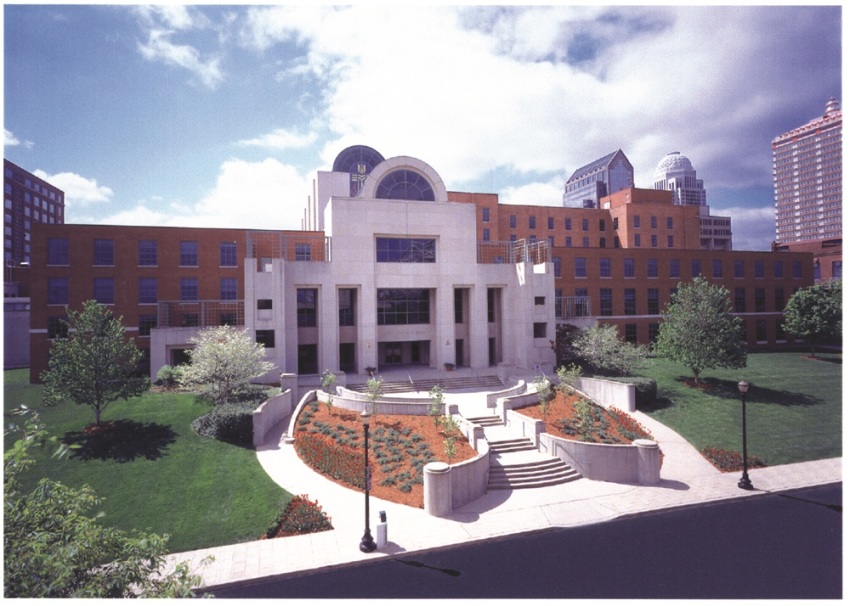PCUSA launching 'Center for Repair of Historical Harms' to advance racial justice

The Presbyterian Church (USA) plans to launch a new initiative called the Center for Repair of Historical Harms, which aims to advance historical justice for minority communities that the denomination has reportedly mistreated over the generations.
The center, which remains under development, recently named its first director, the Rev. Anthony Jermaine Ross-Allam, who formerly served as associate pastor for social justice at Oak Grove Presbyterian Church in Bloomington, Minnesota.
Ross-Allam told Presbyterian News Service the center will be "an organized way to go about the business of repairing the harm that the PC(USA) has done to Indigenous peoples and to Afro-Americans and to other groups."
Once in operation, the center will likely oversee webinars, group discussions, listening sessions with diverse groups to get their perspectives on what repairing harm can look like.
"The church has played a distinct role in creating a political, economic, religious and social environment that gives people permission to participate in creating transgenerational harms," said Ross-Allam.
"But it also has historically given people permission to wipe their hands of the damage that has been done to Indigenous communities and to Afro American families across generations, so the church must acknowledge those things so that the church can realize its own complicity in creating those problems and excusing people from walking away from those problems."
The nascent center will fall under the umbrella of the PC(USA) Presbyterian Mission Agency, which sponsored a 2023-2024 Mission Work Plan at the 225th PC(USA) General Assembly in July that was approved by the denomination.
According to the plan, the center will build off of earlier denominational efforts to combat structural racism, advance reconciliation and possibly champion reparations.
"The Center for the Repair of Historical Harms will construct teams tasked with partnering with churches, mid councils, or other entities who are doing the work or interested in doing the work of repair," the plan reads.
"The teams will listen and work with our partners to determine innovative and meaningful approaches to deal with repair that are already in place and other approaches that may need to be developed."
Ross-Allam believes that "the church is perfectly placed in to begin to lead the culture into believing that repair is necessary and right and possible."
"Our work is not to try to find a way to make people feel guilty so that out of their guilt and shame, they will engage all of a sudden in some feverish activity," he added.
"I think that cycle ends when people say, 'It doesn't matter if I'm personally guilty or not, but my personal honor and my love for God and my love for humanity will not allow me to see others suffer from legacies that actually prop me up and give me a platform, so that my hard work amounts to something while others are always working at a deficit."
At the same General Assembly gathering in July, PC(USA) delegates voted overwhelmingly to approve a resolution to explore the possibility of unifying the PMA with the Office of the General Assembly.
Supporters of unifying the two agencies argued that it was a matter of financial necessity, while critics charged that it would hinder the PMA's social justice endeavors.
According to a 2019 survey by the Barna Group, 16% of practicing Christians in the United States believed that the Church needs to repent for America's history of slavery and segregation.
The Barna study found that 12% of practicing Christians in general and 19% of African-American Christians specifically believed that the Church must "pursue restitution."
About 33% of white practicing Christians said they think there is "nothing the church should do" in response to the country's history of slavery, while 15% of African-American practicing Christians said the same.
Thirty-three percent of black practicing Christians said the church needs to "repair the damage," while 24% of white practicing Christians and 28% of all practicing Christian respondents said the same.



























